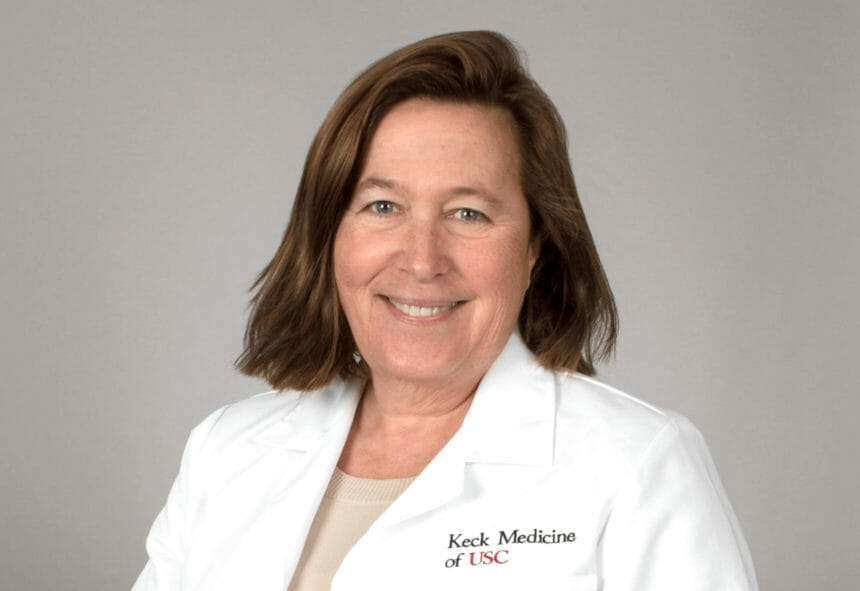
Results of a new study suggest possible health and quality-of-life benefits when older adults use on-demand ride-hailing services such as the ones that have been tested and used by senior living operators. Cost is a potential barrier, however, the researchers found.
Investigators from the Keck School of Medicine at the University of Southern California provided free and unlimited Lyft rides for three months to 150 patients who were aged 60 to 94 years and had chronic diseases. Access to transportation was a factor in previously missed appointments for all of the study participants, who lived an average of 20 miles away from Keck. More than 45% of the older adults relied on others for transportation.
Researchers didn’t collect information as to where study participants lived, Leslie Saxon, M.D., principal investigator of the study, told McKnight’s Senior Living. Anecdotally, however, they know through conversations with the older adults that some of them lived in senior living communities.
Ninety-three percent of study participants used the ride-hailing service, mostly through a smartphone app but also through a telephone concierge service. Medical appointments accounted for almost one-third of all rides, with the remaining rides being used to run errands and attend fitness, social and leisure activities. Ninety-two percent of participants reported that having access to unlimited rides improved their quality of daily life, and 66% reported increased social visits.
“We see a significant benefit to the well-being of older adults when transportation concerns are removed,” Saxon, executive director of the USC Center for Body Computing at the Keck School of Medicine, told McKnight’s Senior Living. “Senior living communities are in the unique position to potentially facilitate usage on ride-sharing platforms that may enhance their quality of daily life.”
Senior living operators such as Revera, Sunshine Retirement Living, Brookdale Senior Living, Erickson Living and Ascension Living began reporting the testing or using of ride-hailing services such as Lyft or Uber in their communities in 2016 or 2017, McKnight’s Senior Living previously reported.
The majority of the older adults in the study with a concern said that cost would be the primary barrier that would prevent them from continuing to use the ride shares after the study ended. The average cost of a month of unlimited rides in Los Angeles is $500, with each ride in the study averaging $19 to $22.
“Because study participants expressed challenges with the costs associated with ride-sharing, our next steps will be to compare the long-term costs of using these apps for healthcare needs versus the opportunity costs of inconsistent access to transportation,” Saxon said. “Our findings on the benefits to seniors could incentivize similar programs on a larger scale by cities and insurance companies.”
The study was supported by a $1 million grant from the AARP Foundation as part of a broader collaboration with UnitedHealthcare. Lyft provided the rides and transportation data as well as the app and telephone concierge platform.
Study results were published in the Journal of mHealth.



